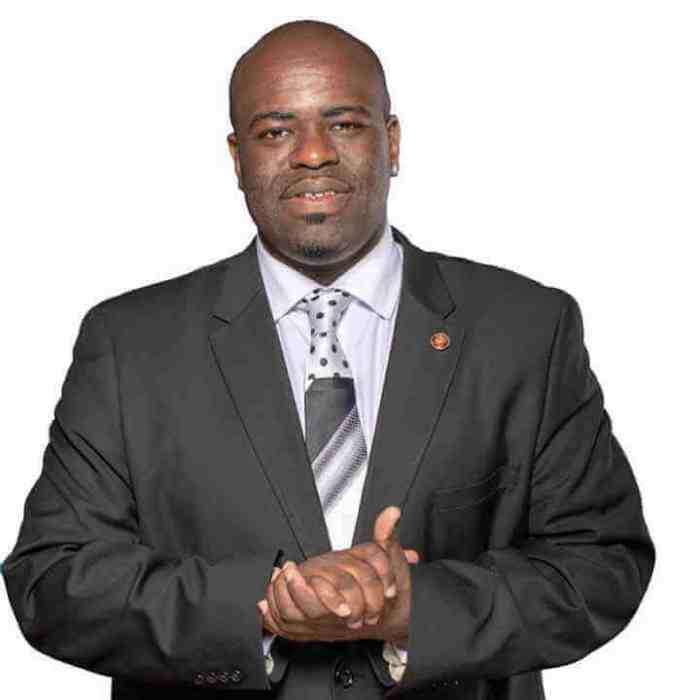By Rahul Karunakar
BENGALURU (Reuters) – Global funds changed course in February and recommended a cut to equity allocations in their model balanced portfolio after taking them to a two-year high in January, instead suggesting an increase in bond holdings, Reuters polls showed.
The findings come as major indexes on Wall Street look set for their steepest weekly plunge since the global financial crisis more than a decade ago, as rising numbers of new coronavirus infections outside China increase fears of a pandemic.
“At present we feel it is appropriate to err on the side of caution until the scale and impact of the virus, and the longer-term economic implications, are slightly better understood and quantifiable than they are today,” said Mark Robinson, chief investment officer at Bordier & Cie UK.
The monthly poll of 38 wealth managers and CIOs in Europe, the United States, Britain and Japan, taken Feb. 11-27, showed equity exposure fell on average to 49.1% in a global balanced portfolio, from 49.7% in January, which was a two-year high.
Bond allocations were increased to 41.4% on average from 40.3%.
“Clearly, any further escalation and a rise in the fatality rates (from the coronavirus) will create further worries for the global authorities and the markets,” said Peter Lowman, chief investment officer at Investment Quorum in London.
U.S. Treasury yields fell to record lows this week, with the yield on the benchmark 10-year note reaching an all-time low for the third consecutive day, on bets the Federal Reserve will cut interest rates to help soften the expected blow to the world’s largest economy from the virus’ disruptions.
“With the likelihood that the Fed will cut interest rates further over the coming months if the coronavirus were to spread further, or worse still, become an epidemic, the security of the U.S. Treasury market remains appealing,” added Lowman.
When asked what is the likely change to their portfolio over the next six months, a strong majority of fund managers said at best they would maintain the current risk positioning or they would reduce exposure to riskier assets.
That suggests fund managers are not confident about a significant lift-off in stocks over the coming months despite widespread expectations of monetary policy easing.
The economic hit from the virus is not going to help. A separate Reuters poll of economists showed major economies in Asia would slow down significantly, stall or shrink outright in the current quarter.
“The coronavirus outbreak remains our top near-term concern for global growth and the markets. The immediate impact appears to be concentrated in Asia, but all governments are taking the threats very seriously and are taking steps to contain the spread of the virus,” said Alan Gayle, president at Via Nova Investment Management.
“Our most likely scenario is that the virus will continue to weigh on the markets for the next several months, but that it will not induce a global recession.”
A separate Reuters poll of analysts, brokers and strategists on Thursday showed that while global stocks have further to run this year, the severity of the economic hit from the coronavirus outbreak was the biggest risk and gains would be much weaker than last year. [EPOLL/WRAP]
(Additional reporting and polling by Sarmista Sen in BENGALURU and Fumika Inoue in TOKYO; Editing by Ross Finley and Dan Grebler)





















